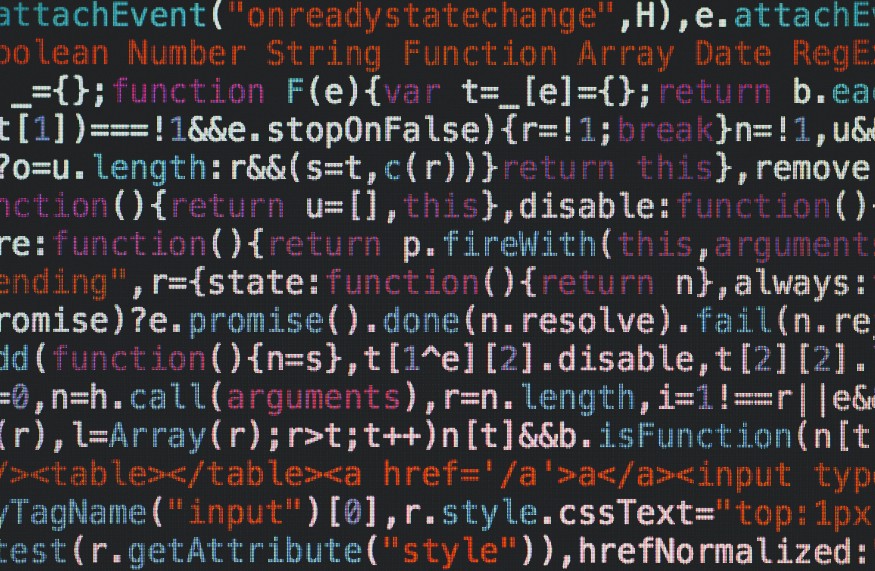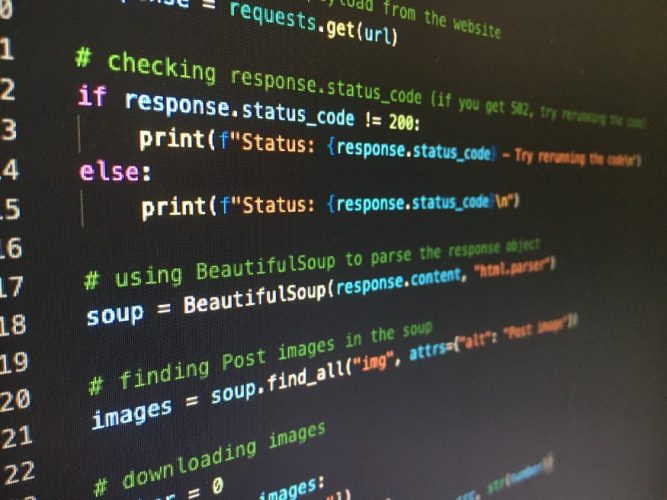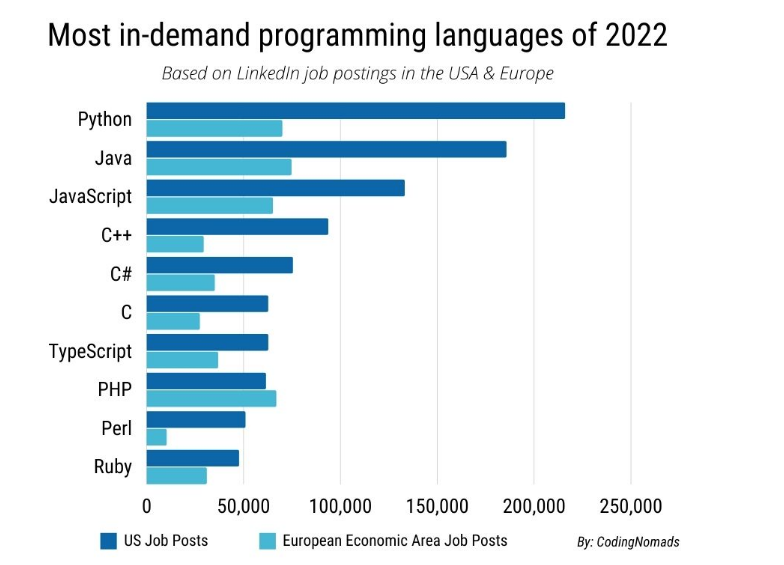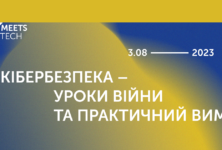Please, share ❤️
There are many myths associated with IT, and unfortunately, many of them become the reason why people give up the idea of becoming a programmer. About the ten most common misconceptions that can put anyone in a stupor, told software developer Arthur Jalli.
1. To learn to program, you must be good at maths.
To become a programmer, you do not need to know mathematics.
You don’t need it at all to start working as a programmer, but a mathematical mindset can help you in the beginning of your career.
For example, programming uses functions that behave just like functions in mathematics. They take inputs and return outputs. Also, some areas of software development, such as data science or game development, rely heavily on mathematics. In those areas, the discipline is needed.
So. If you are interested in programming but don’t have a maths background, just start programming!
2. A few months is enough to learn how to program.
The truth is that you will never become a 100% master programmer. Learning is a never-ending process. And you will always learn something new, no matter how experienced you already are (technology is constantly changing). But mastering programming is not difficult. Just, before you go into IT, accept the fact that you will have to constantly learn.
3. Programming is hard and not for people with an IQ under 150
Programming is not difficult, but learning takes time. If you plan to become a professional developer in a few weeks or months, you won’t succeed.
A week or a month is enough just to write a simple program by yourself, such as a snake game. No more than that.
Once you accept the fact that learning takes time, programming will not seem so difficult. Understanding this or that will come gradually.
4. You need a higher education.
You can become a developer on your own by studying the necessary material on the Internet. Programming is one of the skills where education is not necessary. It is possible to become a good specialist on your own. To do this:
- read profile books;
- enrol in online courses;
- or boot camps;
- join online communities so that you can be part of the IT community, and so that you can ask for advice;
- create your own projects.
When it comes to finding a job, you don’t have to have a degree; often it’s enough to be good at what you do and love what you do.
What do you think will impress an employer more, a bunch of cool projects or a degree without any portfolio?
5. Getting a degree is a waste of time
Although having a college degree is not necessary, it can be very useful. In higher education:
- there is a clear teaching structure, everything is consistent;
- you can always get help from teachers;
- the basics of documentation are given;
- Different areas of Computer Science and programming languages are studied;
- the degree is given forever, and that’s valuable.
Don’t treat getting a degree as a waste of time. Studying at a university has a lot of advantages.
6. Programmers will be unemployed in the near future
In the near future, programmers will definitely have a job. The demand for developers is constantly growing. Now every business is also an online business, which will not function without IT specialist.
However, because of the rapid development of artificial intelligence, it is unclear what the future holds for programmers. But if AI replaces developers, it will probably be so advanced that it will be able to replace all other professions. So don’t worry yet.
7. Too much information. It’s hard to remember everything.
You don’t have to know everything by heart. It is enough to understand the basic idea, the ideology of programming. If you learn several programming languages over time, you will realize how difficult it is to memorize the syntax of each of them.
This is because every programming language has some similarity to any other.
It is impossible to memorize everything. It’s easier to learn the basics well and then use Google if you forget something.
8. The code is hard to make out. As a rule, it looks something like this:

Program code doesn’t look like that. It would be unreadable and impossible to process and execute.
Usually, program code is structured and looks like this:

A good piece of code is a piece of code that clearly reflects the intent and is easy to read and manage. No developer wants to spend extra time reading cumbersome code.
9. Python is not a real programming language
Python is a programming language just like any other. It is one of the most popular and in-demand languages in 2021-2022. Moreover, Python boasts of being one of the most versatile languages. This means that it can be used in many fields, such as:
- Gamedev;
- Web development;
- Data science;
- Machine Learning and many others.
Because of its versatility and simple “English-like” syntax, Python is highly recommended as the first programming language to learn.
10. True programmers code only in C and C++
There is no such thing as a “true programmer”. Learning C or C++ is more difficult than, for example, Python. But the fact that C or C++ are harder doesn’t mean anything. Python is easier to learn, but then again, there’s more competition. In any case, C, C++ and Python are languages whose knowledge will be valuable for work in many companies.
No matter what language you choose, the learning curve will be steep, and the competition will be high.

Rating of the most popular programming languages according to CodingNomads site
Conclusion
So there you have it. A list of 10 common myths around programming and software development.
What is your favorite myth? Do you think something was missing from the list? Did you learn something new today?
Feel free to spark a discussion in the comments section.
Anyway, hope you enjoyed it.
Happy coding!








Ми у соцмережах: